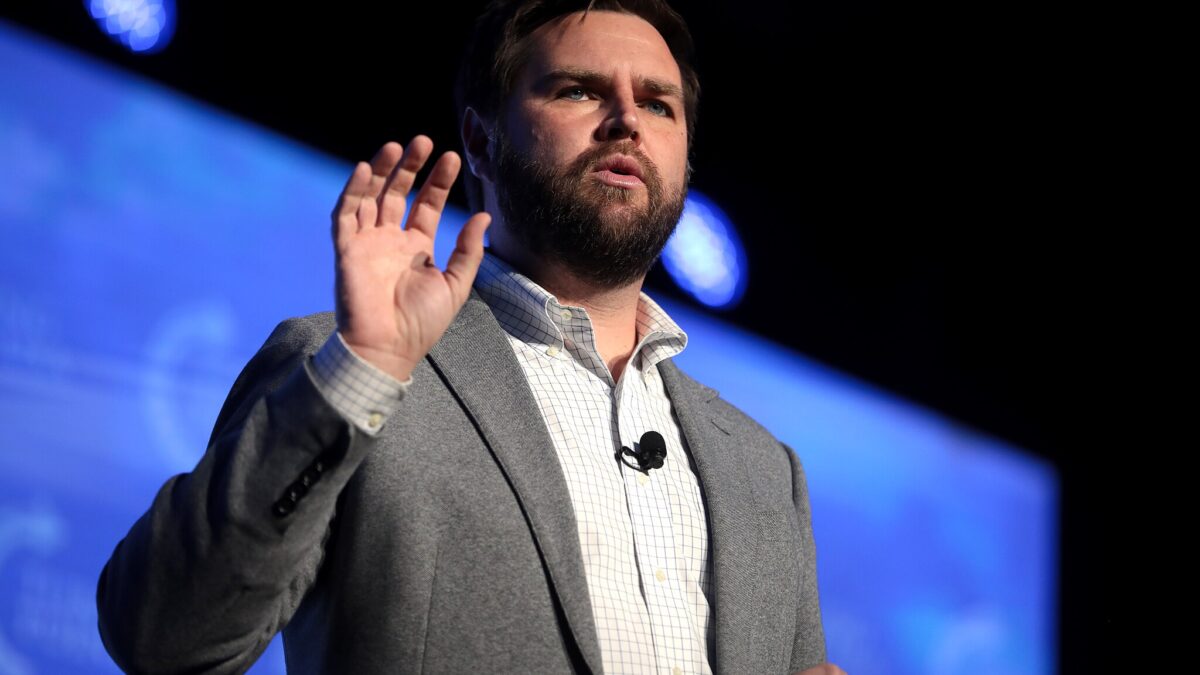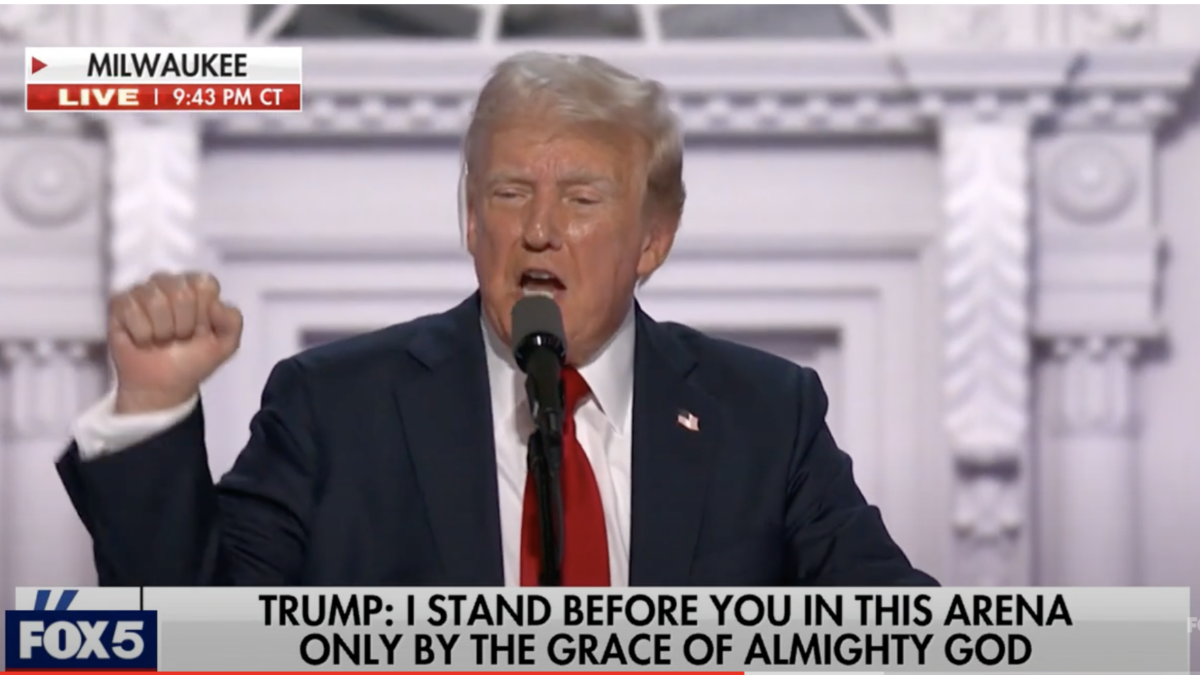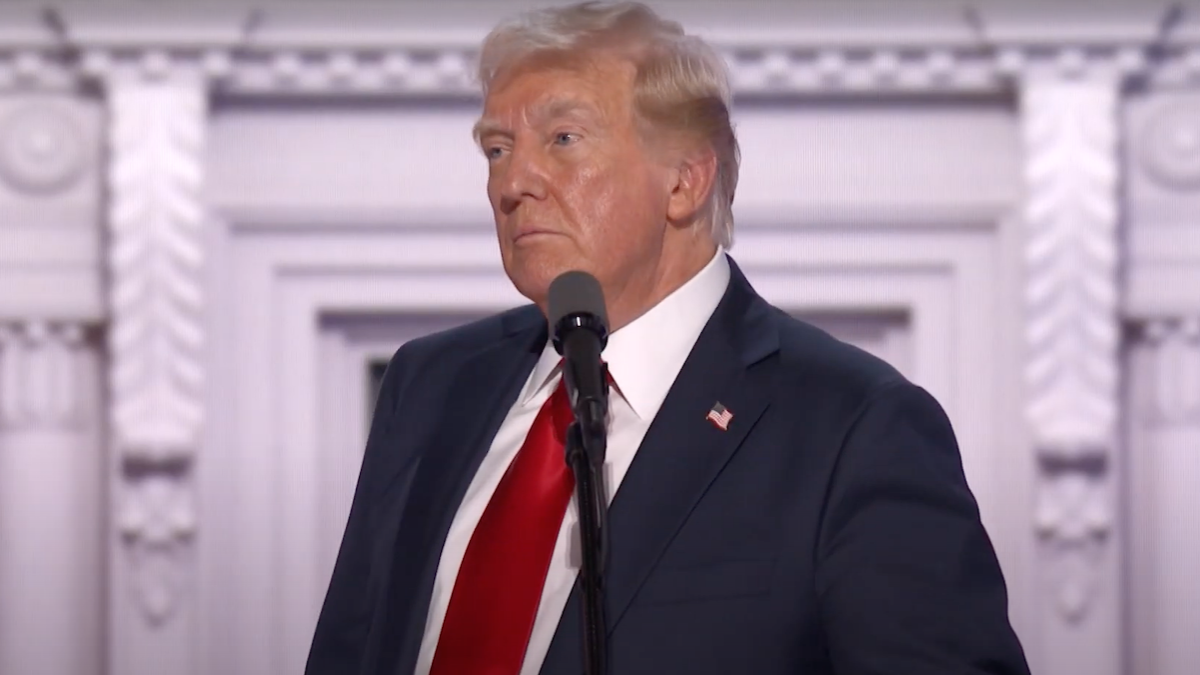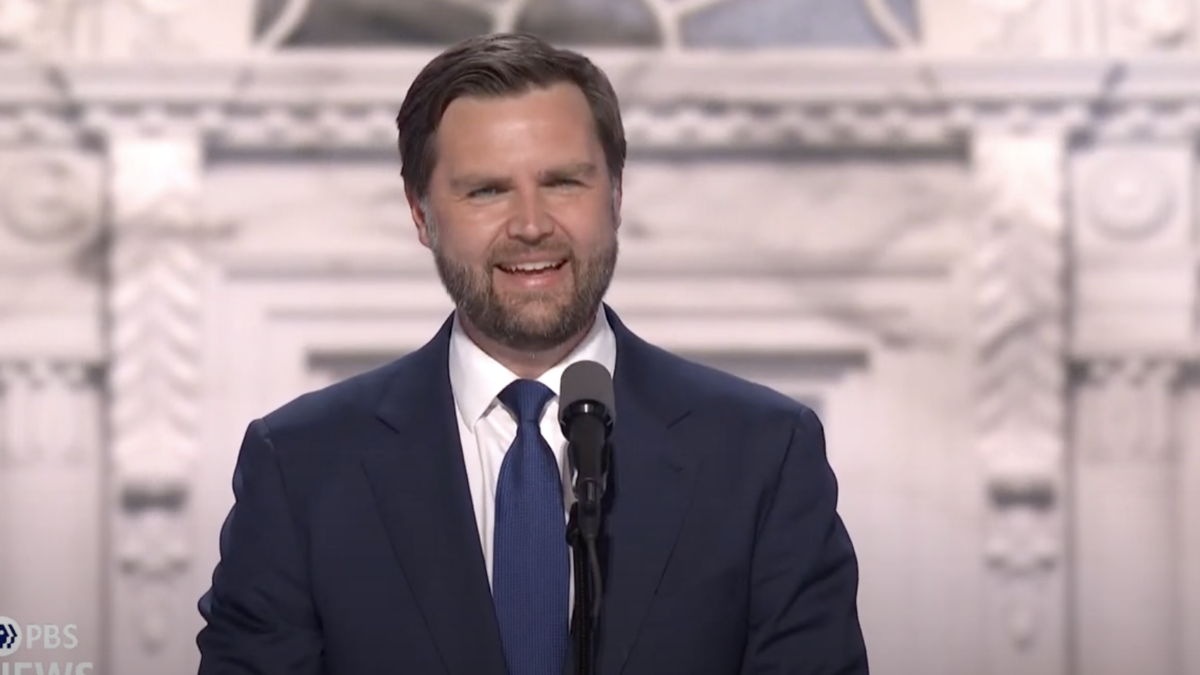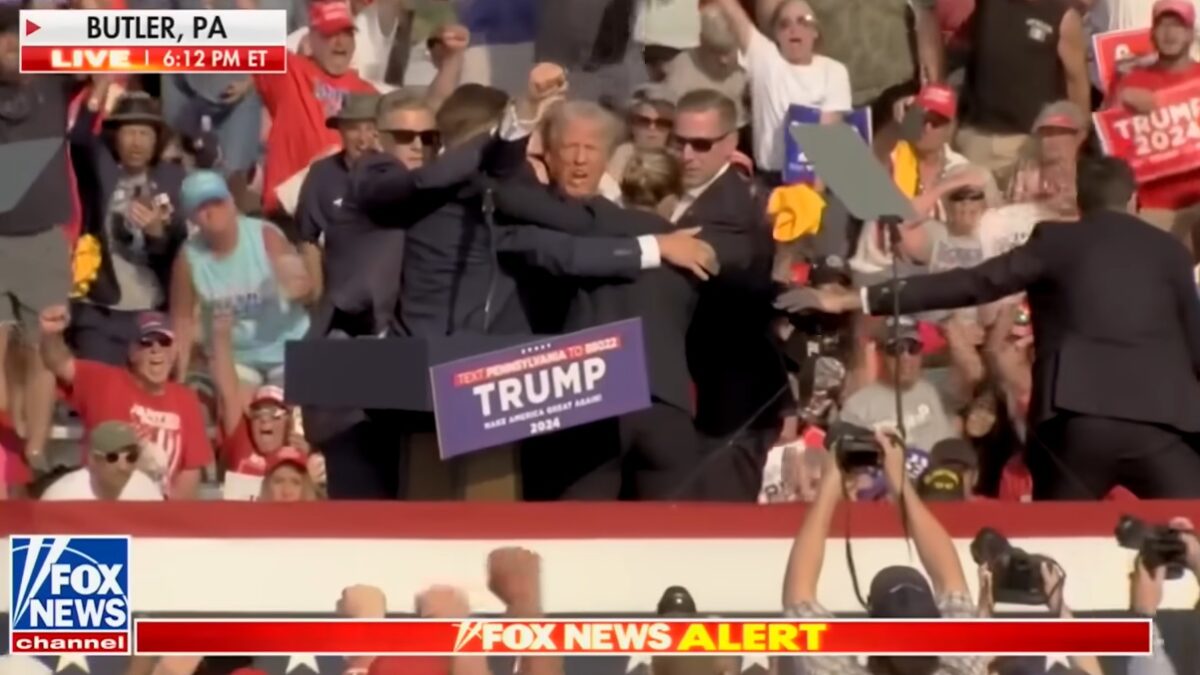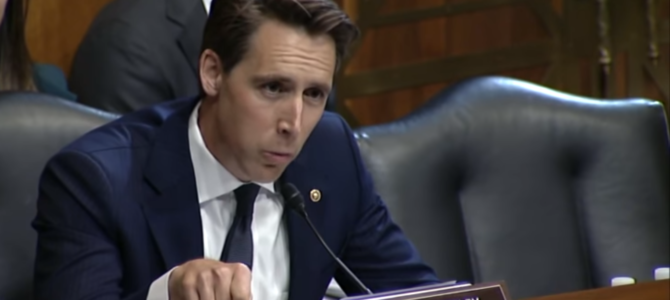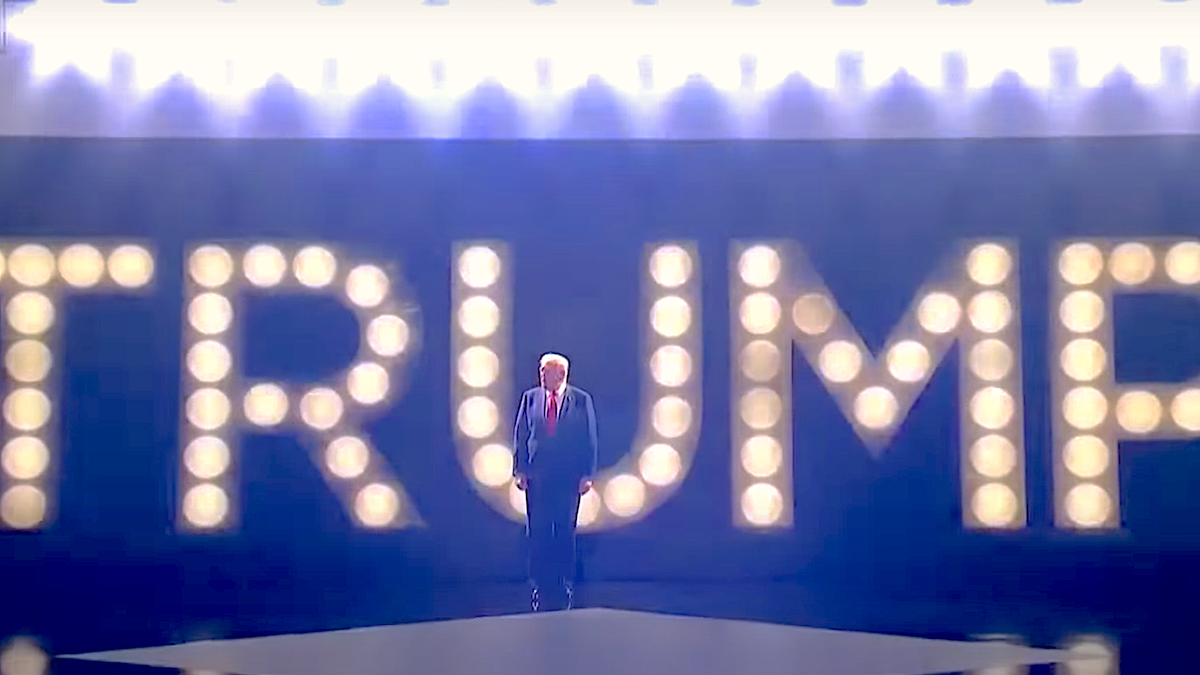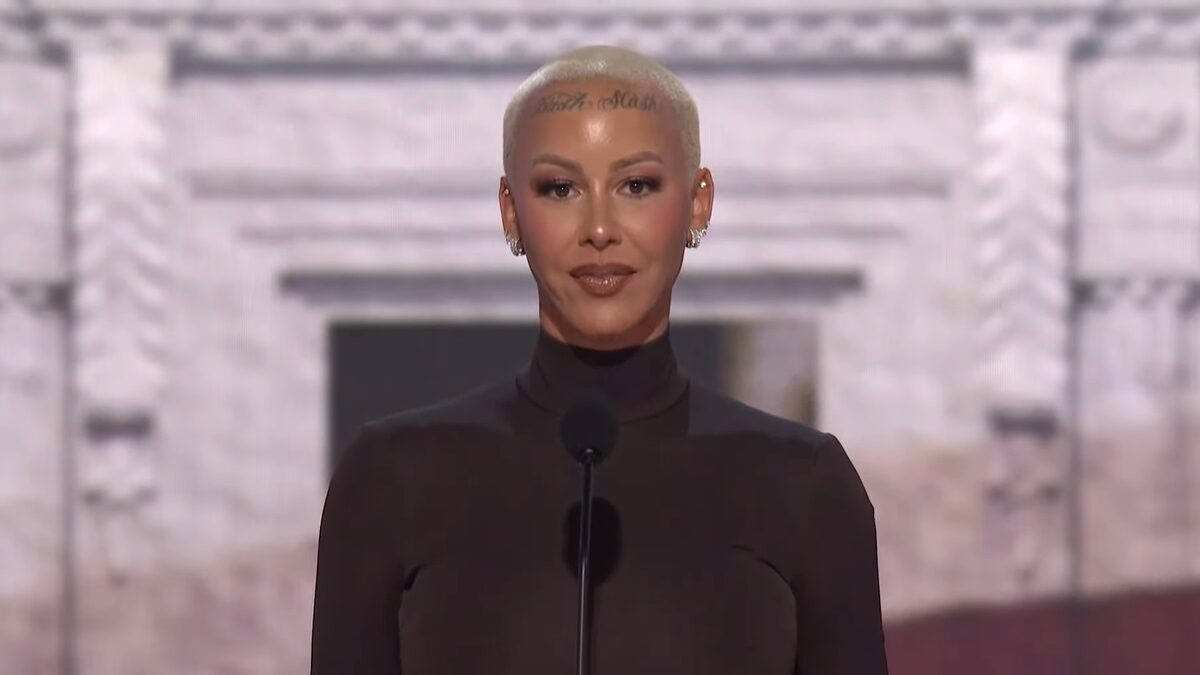J.D. Vance was the best person that Donald Trump could pick to be his vice-presidential running mate. This is not because he served honorably in the military, attended Yale University, shows great intelligence, or understands the plight of the working class after growing up poor in small-town Ohio, although all these qualities are certainly helpful. Vance’s main virtue is that, at 39 years old, he is a true millennial.
Being part of the same generational cohort (I’m the same age as Vance), I’m well aware of how millennials are characterized. In his books The Dumbest Generation and its sequel The Dumbest Generation Grows Up, English professor Mark Bauerlein laments that the millennials are largely ignorant, lazy, boorish, emotionally fragile, shallow, and narcissistic. They have grown up with the internet and Marvel movies and thus developed no patience or empathy, which in turn has stunted their maturity and intellect.
As far as his diagnosis goes, I agree with Bauerlein and have said as much in a favorable review I wrote for The Dumbest Generation Grows Up. Moreover, most social science data currently supports this conclusion: compared to previous generations, millennials are far less likely to marry, have kids, go to church, or even have friends. And, despite being the most educationally credentialed, few millennials I know actually read books, attend cultural events, or demonstrate strong reasoning and conversational skills. Rather, they usually busy themselves with social media, pop culture, and creature comforts like avocado toast and Costco pizza.
These problems with my generation not only alienate us from the good life, but also from other generations. While generational gaps will always exist, the internet and smartphones have effectively made this gap a chasm. Millennials have grown up in a vastly different world, affecting their perception of everything: their politics, their culture, their relationships, and themselves. Even the generation right before millennials, Generation X, will struggle understanding their ways.
However, like most criticisms of millennials, Bauerlein’s analysis falls short of offering solutions. As I put in my review, not all of us have followed our less ambitious peers into the digital oblivion never to think or act seriously again: “I would contend that Bauerlein is quite wrong to doubt my generation altogether. Even if we’re a minority, there are those of us who agree with him and are doing our part to change the culture.” Some of us did get married, have children, go to church, and work to pull our fellow millennials and now the Zoomers away from corrosive forces jeopardizing their well-being. We hope to be the role models that many of us never had growing up.
Vance’s Early Life
Which is why I, and likely most millennial conservatives, have hope in Vance. His story, as told in the now classic Hillbilly Elegy, is not just about poor white trash struggling to make a living in Appalachia and the Rust Belt; it is the story of millennials growing up in a globalized, atomized, and emasculated world with few authority figures to help them navigate through life’s many pitfalls. In the absence of intact families, local community, a vibrant church life, and even dignified work, many millennials in these parts of the country who didn’t have the privilege of moving somewhere else ended up wallowing in failure, supporting themselves with government checks, opiates, and endless excuses.
By the grace of God and the strength of his grandmother, Vance escaped this fate and joined the U.S. Marine Corps. This provided him with the structure and discipline necessary to eventually go to college, find a good job, fall in love, come to Jesus, and get the heck out of his hometown. What’s remarkable is that once Vance experienced both prosperity and stability, he resolved to return to Ohio and become a spokesman for the downtrodden.
Obviously, this story matters, and it’s precisely what makes Vance so appealing. There were other millennial VP contenders, such as Vivek Ramaswamy (38), Tulsi Gabbard (43), Elise Stefanik (40), and Sarah Huckabee Sanders (41), and all of them can speak eloquently to the millennial condition. But without exception, all of them were born into the American elite class and were thus insulated from the dysfunction of the working and middle classes. By contrast, Vance experienced every bit of it — and still succeeded. This makes him the most relatable of his peers as well the most trustworthy.
Rob Henderson’s Parallel Story
It’s worth noting that this story plays out almost beat for beat in the recent memoir of Rob Henderson, a younger millennial. After spending his early life in foster care, Henderson is adopted by a working-class couple in rural Northern California who eventually divorce, leaving Henderson in the care of his single mother and her lesbian partner as he makes his way through adolescence. Like Vance, he also joins the military (Air Force), gets his life together, and then makes it into Yale University.
It remains to be seen whether Henderson will enter politics and join ranks with today’s GOP, but with the elevation of Vance to a potential vice president, it’s not difficult to see him follow suit. Already, he has spoken out against the “luxury beliefs” of privileged progressive elites and the great need for American children to have a stable home life, two widespread problems afflicting today’s young people.
Vance Embodies Unifying Values
Despite my different background (growing up in North Texan suburbia and not attending an Ivy League school), I recognize Vance’s world, habits, and challenges. We’ve all grown up in an America that has become more diverse yet more culturally homogenous, wealthier yet with less economic mobility, and more institutionalized yet with far less trustworthy institutions. People may see his insistence on personal accountability, homemaking, community building, and honest work along with a rejection of elitism, globalism, and progressive feminism as merely tenets of the populist conservative movement. But in many ways, this is really just a convenient term we give to what many millennials on both the left and right have come to believe is a better approach to life.
For that reason, unlike the contenders to be Trump’s running mate, Vance better embodies the political and cultural values that will successfully reunite the majority of Americans. More importantly, he is the great example for millennials and younger generations to follow. He doesn’t just speak for the people featured in his memoir; he speaks for all those adults who feel exploited by Baby Boomers, dismissed by Gen Xers, and exasperated by Zoomers.
Naturally, this doesn’t mean Vance becoming Trump’s VP or Trump’s successor in the MAGA movement will save the world and bring about a new golden age. It just means there is hope for all us under 43 to finally inherit the world and contribute to the work of improving it. Like St. Carlo Acutis becoming the first millennial saint, Vance has become the first consequential conservative millennial politician. Fortunately for all of us, he reflects much of what is best about his generation and understands much of what is wrong. Even if he and Trump lose this upcoming election, what they represent should inspire the rest of us to follow their example and live fully the current moment.
